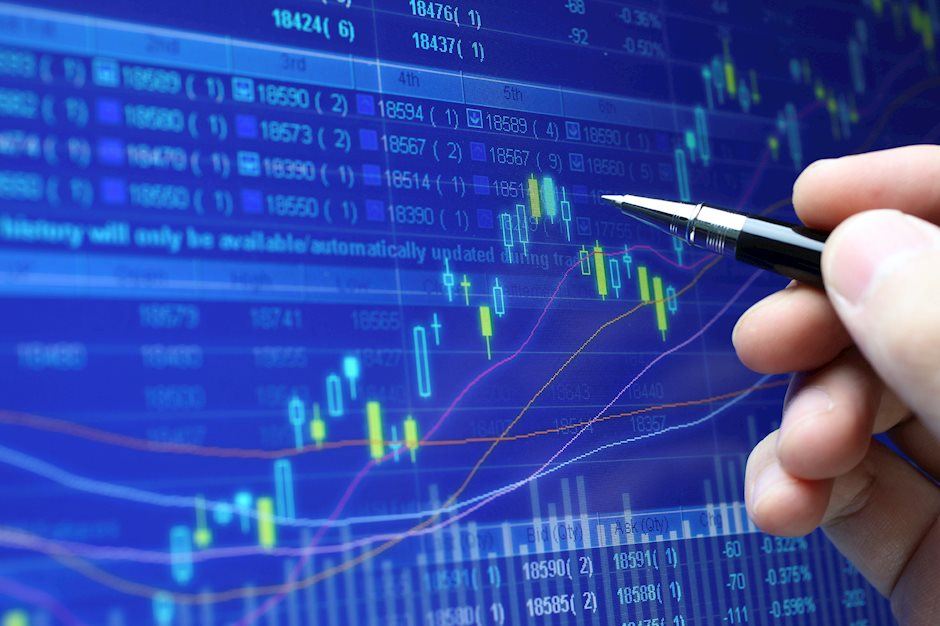Is the tech rally nearly over?

Investors have been piling into safe-havens lately, with growing worries over how the US debt ceiling issue will be resolved. But there is a twist this time: The safe haven of choice has been large tech stocks. The tech-heavy Nasdaq just hit a new 9-month high, driven primarily by big names like Apple, Alphabet, and Amazon. A couple of large tech firms, Meta and Nvidia, have doubled their share price since the start of the year. What's going on, and does this implicate forex in some way?
A unique situation
Typically, blue-chip stocks benefit during periods of uncertainty, which is why a traditional analyst would expect the Dow to be outperforming now. But, it's actually doing the worst; it's barely unchanged at +0.8% so far this year, while the Nasdaq is up >30%. Are tech the new blue-chips?
Not exactly. Nasdaq outperformance has been driven by just a handful of shares, with the biggest weightings. A similar story is in the S&P 500, which has also outperformed the Dow. There, just 5 shares concentrate 80% of the gain in the index. Most S&P 500 - the premier indicator for US business health - names are trading below the 200 SMA, an indication that they are trending downward.
Inequality is the game
In an economic downturn, cash is king. What all these big stocks have in common is that they have relatively little debt and a lot of cash on hand. The company with the highest valuation, Apple, reported nearly $56B in cash holdings. That implies it has a substantial runway to deal with potential risks. It also means it's in a position to buy up smaller firms in the midst of a potential future recession.
The other issue is interest rates are high and have been increasing, which raises financial stress on companies with higher debt ratios (called gearing). Big-name industrials typically run with gearing close to 30% (that means total debt is equivalent to around a third of sales). This is because big companies can typically access low-interest debt to finance expansion, and it would be a wasted growth opportunity.
The bubble ahead?
The Fed's sudden move to raise rates to bring down inflation has put traditional industrial firms in a tight spot, because many must roll over debt into a higher interest environment. That means they will be less profitable over time as interest rates are expected to remain high. Stocks with substantial cash reserves not only don't have this problem, but can gain on the higher interest rates.
But, the concentration of growth into a handful of companies has left the stock market the most unbalanced, ever. If something were to happen that would affect these few stocks, it could bring the stock market crashing down. The stock market is, essentially, "top heavy"; a situation similar to the dot-com bubble that saw the Nasdaq tank 74% back in 2001.
In the meantime, the traditional safe havens such as the yen, US treasuries and the Swiss franc have been at a disadvantage. Something that could shake up the US tech scene might suddenly bring back interest in traditional safe havens
Author

Jing Ren
Orbex
Jing-Ren has extensive experience in currency and commodities trading. He began his career in metal sales and trading at Societe Generale in London.

















